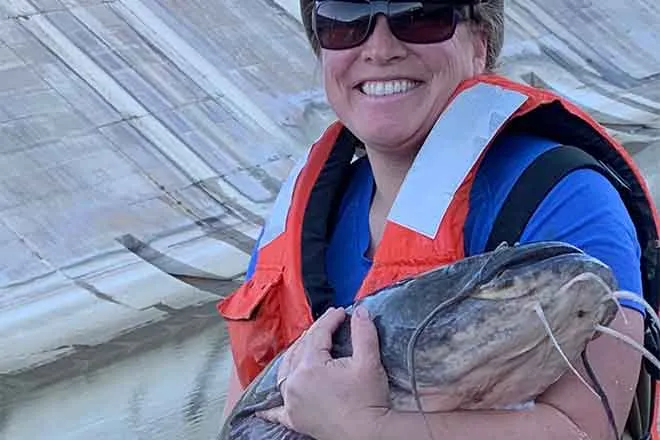
Montana counties sue over vetoed outdoor funding bill
Click play to listen to this article.
(Big Sky Connection) A District Court judge has heard oral arguments in a lawsuit over a vetoed Montana funding bill. The measure would have changed the way the state's marijuana tax revenue gets distributed.
Senate Bill 442 passed the Montana Legislature with overwhelming bipartisan support and would have earmarked 20 percent of the revenue to maintain and improve access to public roads on county lands.
Republican Gov. Greg Gianforte vetoed the bill after the Senate had already adjourned.
A coalition of environmental groups, including the Montana Association of Counties, sued the governor to give lawmakers the opportunity to consider overturning the veto.
Ross Butcher, president of the association, said because many of them are so remote, heavily used access roads are often in need of repair and expensive to maintain.
"It's quite onerous for those local counties sometimes to maintain some of those, and the folks that are farming or ranching in those areas, those are their access roads; the farm-to-market type roads," Butcher explained. "It really develops a lot of tension between our public land users and residents in those areas."
In his veto letter, Gianforte called spending marijuana revenue on county road projects a "slippery slope," and said the state should not establish funding mechanisms for county governments.
In addition to setting aside money to maintain the county public-lands access roads, Senate Bill 442 would have also funded conservation and recreation programs, addiction treatment and veterans services. The Senate had more than enough votes to override the veto if lawmakers had been given a chance, but since Gianforte vetoed the bill after the Senate adjourned, they could not.
Butcher noted the groups are asking the judge to allow lawmakers to have the opportunity to do their job.
"The legislators should be allowed to legislate," Butcher contended. "They shouldn't circumvent that because of a procedure that overrides the intent, which is that legislators should be allowed to legislate. "
Butcher worries Gianforte's post-adjournment veto could set a dangerous and undemocratic precedent for future governors, allowing them to kill bills with broad bipartisan and public support for political reasons. The judge has not yet ruled on the matter.
















